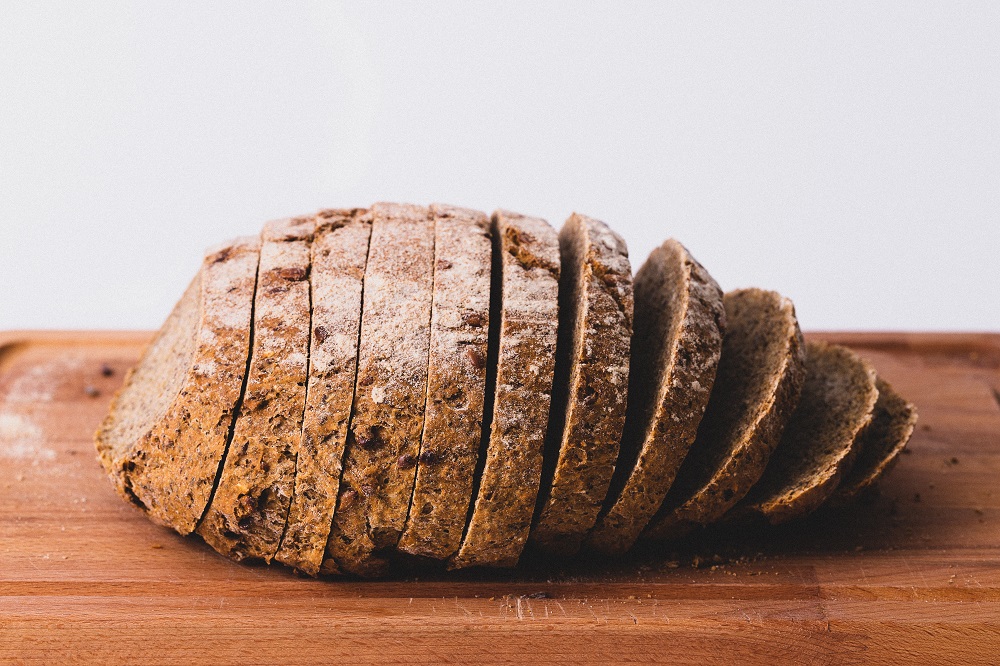Wheat harvests will face pressure from climate change, scientists say. But biotechnology is working on ways to make it easier to put bread on the table.
“Climate change-related compound climate events” recorded between 1982-2020 have been driving wheat yield loss in the United States, says a study published in Nature last week.

We’ve seen this happen already. For example, a heat wave-battered India’s wheat crop this year, with wheat yields projected to shrink between 10-50%, according to reports.
Scientists look for new types of wheat
In an effort to find wheat types that can resist harsh weather, scientists at the London Museum of Natural History are examining their collection of 12,000 wheat specimens, which dates back to the 1700s, according to the BBC.
Since the 1950s, breeding efforts have mostly aimed at producing more productive wheat, but the scientists are looking for strains that can withstand the hot, dry climate. They are mapping the genomes of the most promising candidates. They hope this will allow DNA enhancements of future wheat seeds by using biotechnology like hybridization or gene editing.
Using transposable elements (TEs), sometimes known as “jumping genes,” a Swiss team that was researching how plant genomes adapt to stress developed wheat that can tolerate weather extremes. In a project supported by the EU, the researchers created a novel approach to controlling TEs.
According to a recent European Union court decision, any unique plant breeding technique is severely restricted. However, lead Swiss researcher Etienne Bucher expects that need will promote a more scientific approach.
“Novel crop breeding techniques could actually increase the diversity of cultivated plants. For the first time, we could, for example, domesticate Akkoub, an edible thistle-like plant or distant relative of rice and tomatoes. Giving us a richer diet and greater agricultural biodiversity,” says Bucher.
More reading: USDA economists promote tech and biotech vs. drought




